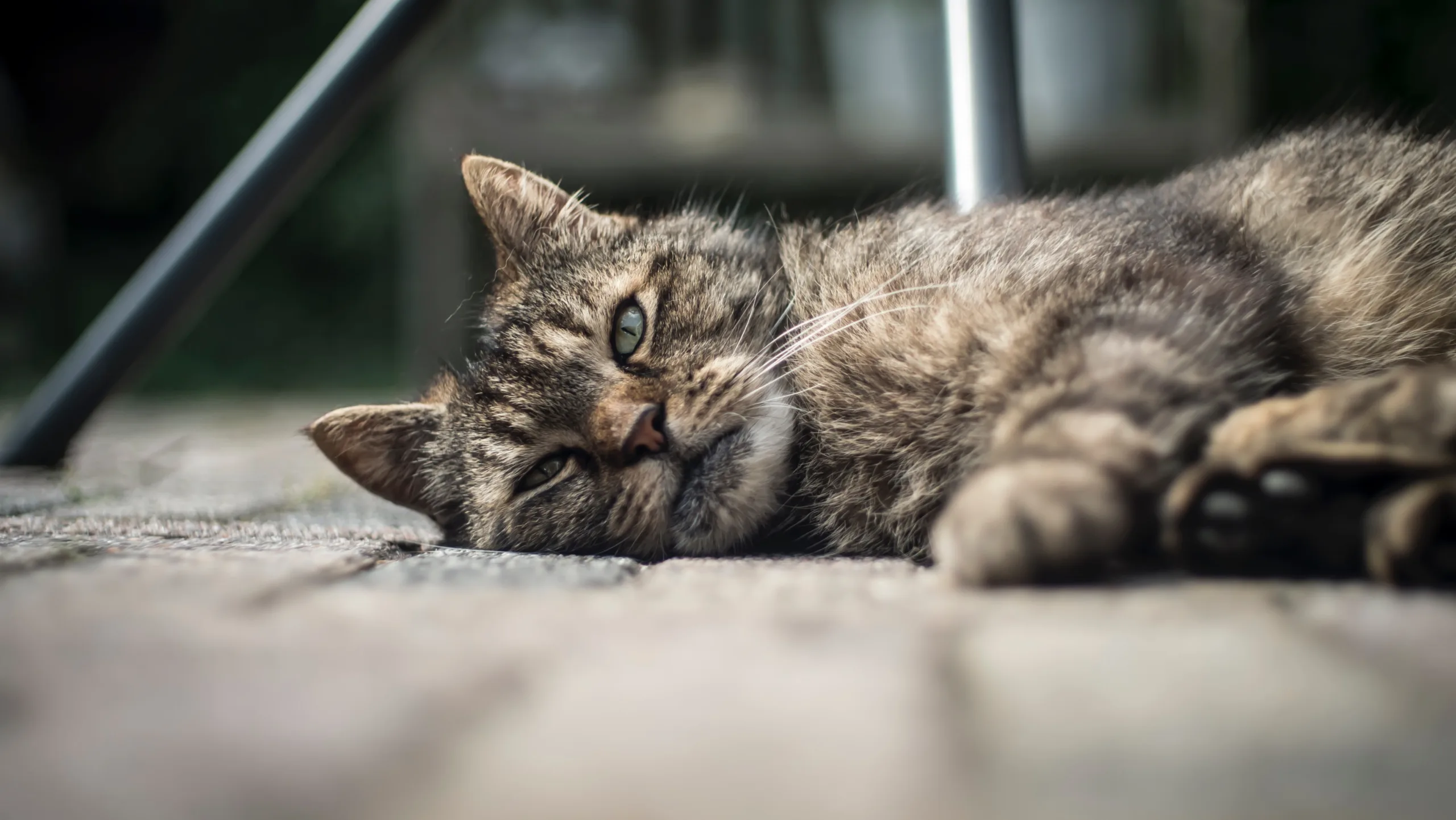What Can I Put on a Cats Wound? Cats, known for their curiosity and agility, can occasionally find themselves with wounds. Whether it’s a scratch from an outdoor adventure or a minor scrape from rough play, attending to your cat’s wounds promptly is crucial for their well-being. In this guide, we’ll explore the options for treating cat wounds at home, the ointments to consider, and steps to help your feline friend heal comfortably.
For more about cats click here
Treating Cat Wounds at Home
Before applying any ointments or treatments, it’s important to clean the wound gently with mild antiseptic solutions, such as diluted hydrogen peroxide or saline solution. Once the wound is clean, you can consider applying a suitable ointment to aid in healing and prevent infection.
What Ointment Can I Put on a Cat Wound?
1. Veterinarian-Recommended Ointments: It’s advisable to consult your veterinarian before applying any ointments. They can recommend suitable over-the-counter or prescription ointments based on the severity of the wound.
2. Antibiotic Ointments: Some antibiotic ointments, such as Neosporin (without pain relief additives), can be safe for cats. However, consult your veterinarian first to ensure it’s appropriate for your cat’s specific wound.
3. Pet-Specific Wound Ointments: There are ointments formulated specifically for pets, designed to promote healing and prevent infection. Look for products labeled as safe for cats.
Healing Cat Wounds: Home Remedies
In addition to applying ointments, certain home remedies can aid in the healing process:
- Keep the Area Clean: Clean the wound gently with a saline solution to prevent dirt and debris from entering the wound.
- E-Collar (Elizabethan Collar): Prevent your cat from licking or biting the wound by using an E-collar, which is available at pet stores or can be obtained from your veterinarian.
- Maintain a Calm Environment: Stress can impede the healing process. Create a calm and comfortable environment for your cat to recover.
- Monitor for Signs of Infection: Keep an eye out for signs of infection, such as increased redness, swelling, discharge, or fever. If you notice these symptoms, consult your veterinarian promptly.
FAQs About What Can I Put on a Cats Wound?
What can I put on a cat wound at home? You can clean the wound with a mild antiseptic solution and apply a veterinarian-approved ointment. However, consult your veterinarian for specific recommendations.
What ointment can I put on a cat wound? Veterinarian-recommended antibiotic ointments or pet-specific wound ointments are generally safe options. Avoid ointments with pain relief additives, as they can be harmful to cats.
How can I heal my cat’s wound fast at home? A combination of proper wound cleaning, applying suitable ointments, using an E-collar to prevent licking, and creating a stress-free environment can contribute to faster healing. However, patience is key, as wounds require time to heal.
What is the best solution to clean a cat wound? A diluted hydrogen peroxide solution (1 part hydrogen peroxide to 10 parts water) or saline solution (salt and water mixture) can be used to gently clean the wound. Consult your veterinarian for guidance.
Should I put anything on my cat’s wound? Consult your veterinarian before applying anything to your cat’s wound. They can provide recommendations based on the type and severity of the wound.
Can a cat’s wound heal by itself? Minor wounds can sometimes heal on their own, but it’s important to monitor them for signs of infection. It’s safer to provide proper wound care to prevent complications.
Conclusion on What Can I Put on a Cats Wound?
While home care is beneficial, it’s essential to involve your veterinarian in your cat’s wound care process. They can provide accurate diagnoses, recommend appropriate treatments, and offer guidance tailored to your cat’s specific needs.
External Links:
- First Aid for Cats – Wounds
- Cat Wounds: My Cat Has a Cut, What Should I Do?
- Caring for Your Cat’s Wounds
FAQs on What Can I Put on a Cats Wound?
- What can I put on a cat wound at home? You can clean the wound with a mild antiseptic solution and apply a veterinarian-approved ointment. However, consult your veterinarian for specific recommendations.
- What ointment can I put on a cat wound? Veterinarian-recommended antibiotic ointments or pet-specific wound ointments are generally safe options. Avoid ointments with pain relief additives, as they can be harmful to cats.
- How can I heal my cat’s wound fast at home? A combination of proper wound cleaning, applying suitable ointments, using an E-collar to prevent licking, and creating a stress-free environment can contribute to faster healing. However, patience is key, as wounds require time to heal.
- What is the best solution to clean a cat wound? A diluted hydrogen peroxide solution (1 part hydrogen peroxide to 10 parts water) or saline solution (salt and water mixture) can be used to gently clean the wound. Consult your veterinarian for guidance.
- Should I put anything on my cat’s wound? Consult your veterinarian before applying anything to your cat’s wound. They can provide recommendations based on the type and severity of the wound.
- Can a cat’s wound heal by itself? Minor wounds can sometimes heal on their own, but it’s important to monitor them for signs of infection. It’s safer to provide proper wound care to prevent complications.
